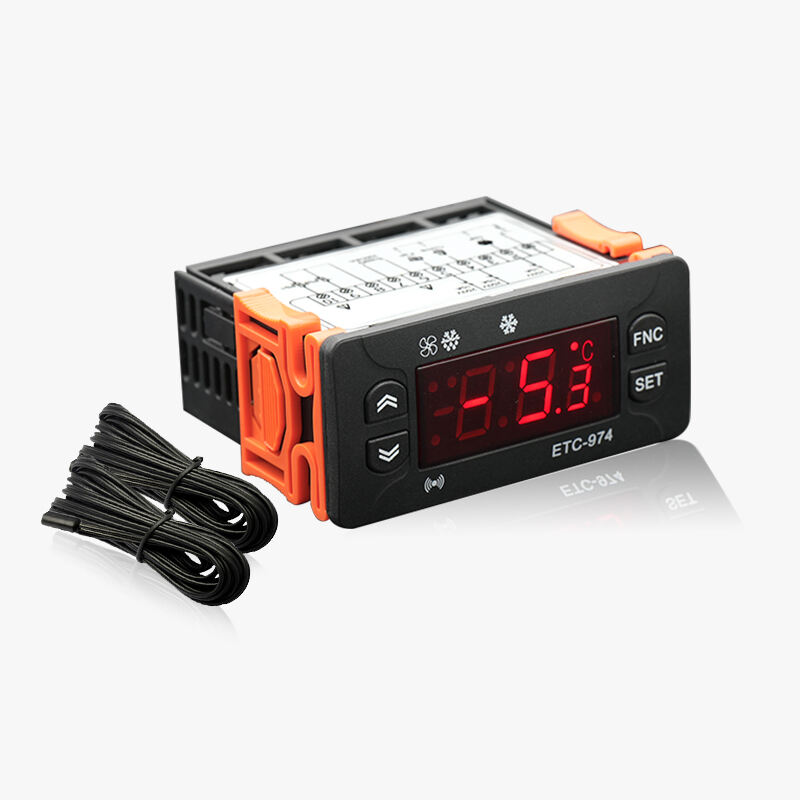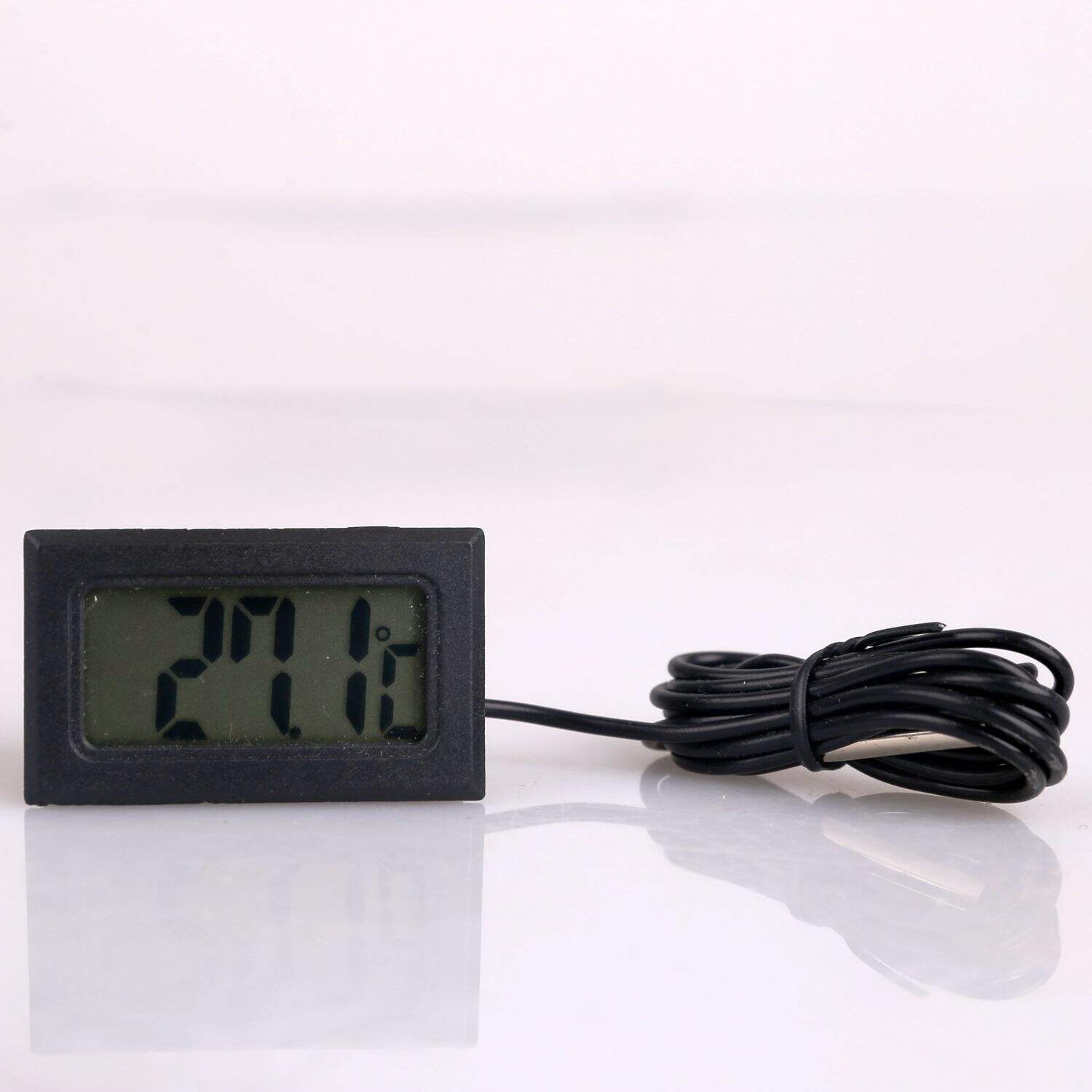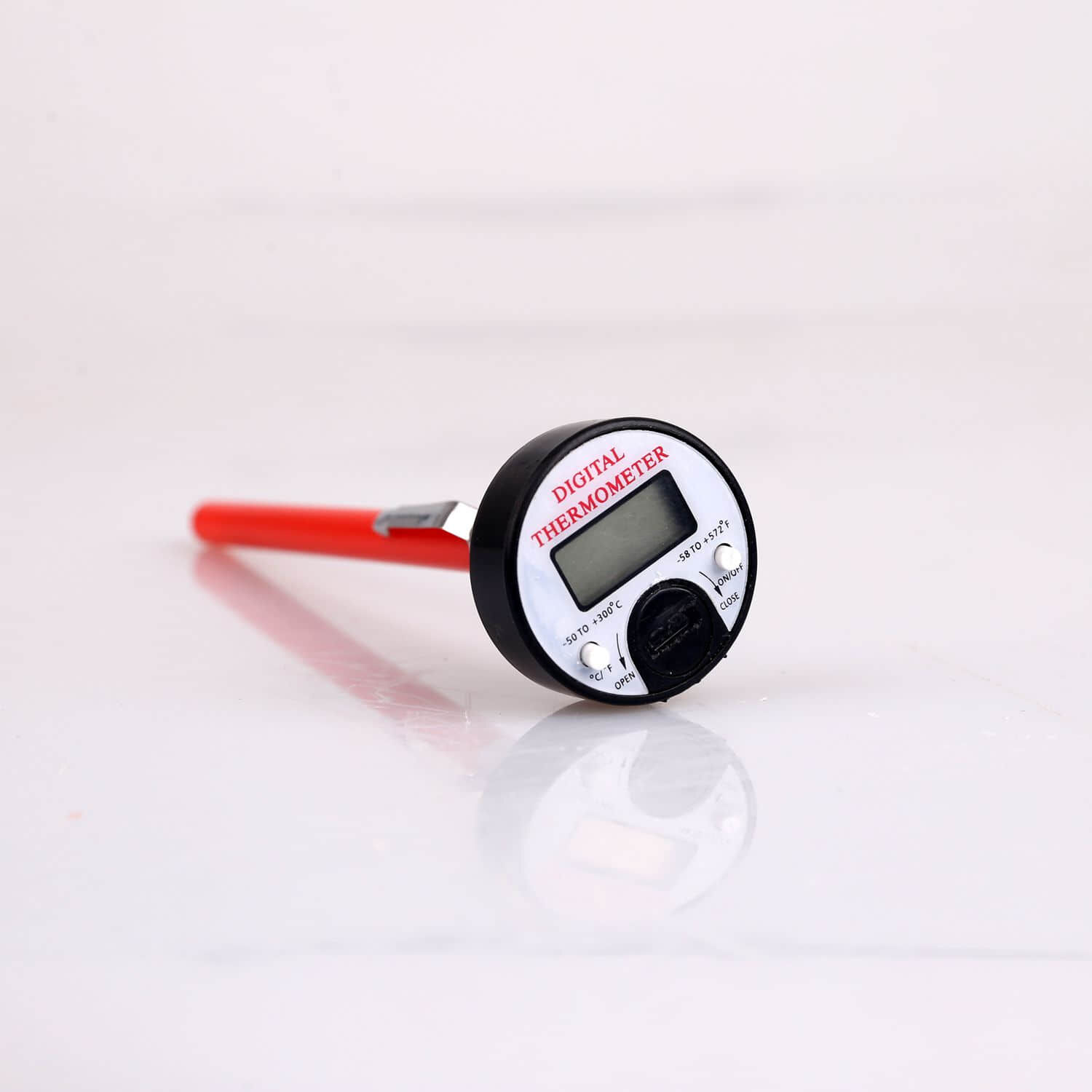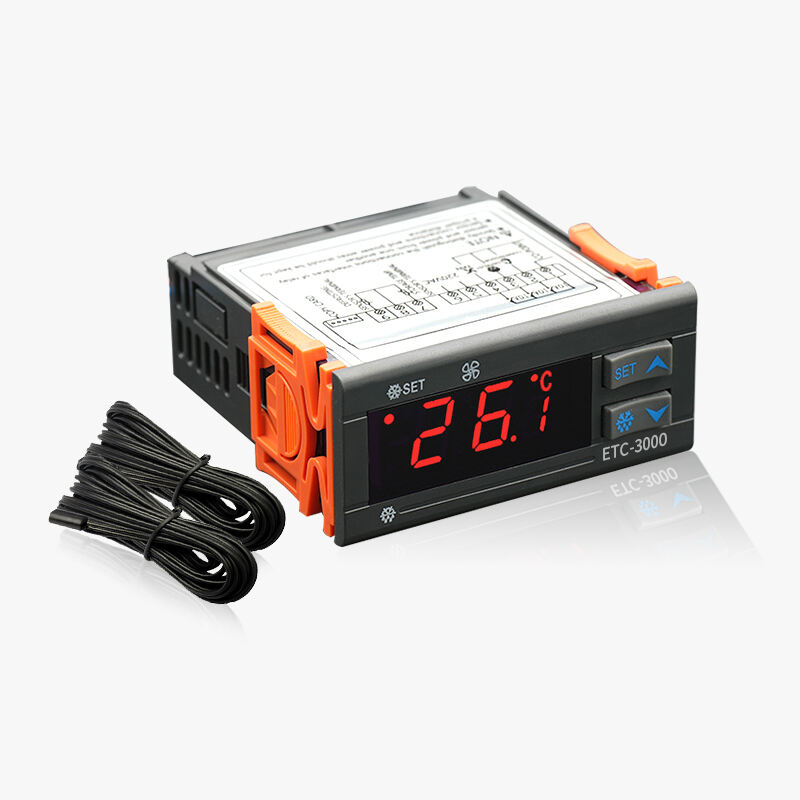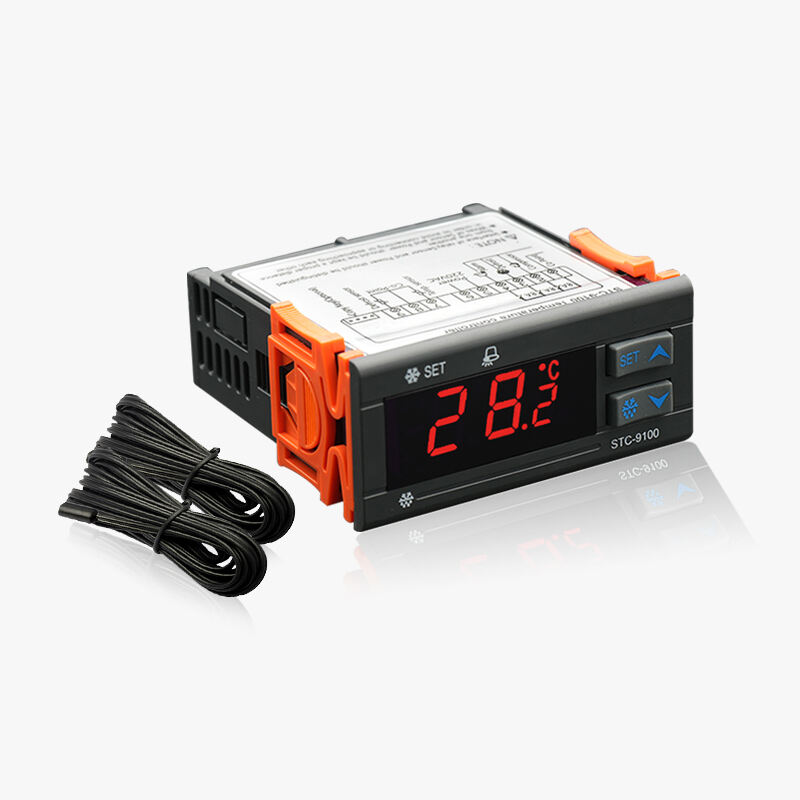Advanced Technology Integration
Temperature controller manufacturers distinguish themselves through their integration of cutting-edge technology into their products. Their controllers feature sophisticated microprocessors that enable precise temperature control with accuracy levels often reaching ±0.1°C. These systems incorporate advanced algorithms for PID control and auto-tuning capabilities, eliminating the need for manual controller adjustment. Modern controllers also feature multiple communication protocols, including Ethernet, RS-485, and wireless options, allowing seamless integration with existing industrial automation systems. The manufacturers implement advanced diagnostic features that can predict potential system failures before they occur, reducing costly downtime. Their products often include data logging capabilities with cloud connectivity, enabling remote monitoring and analysis of temperature control performance.

